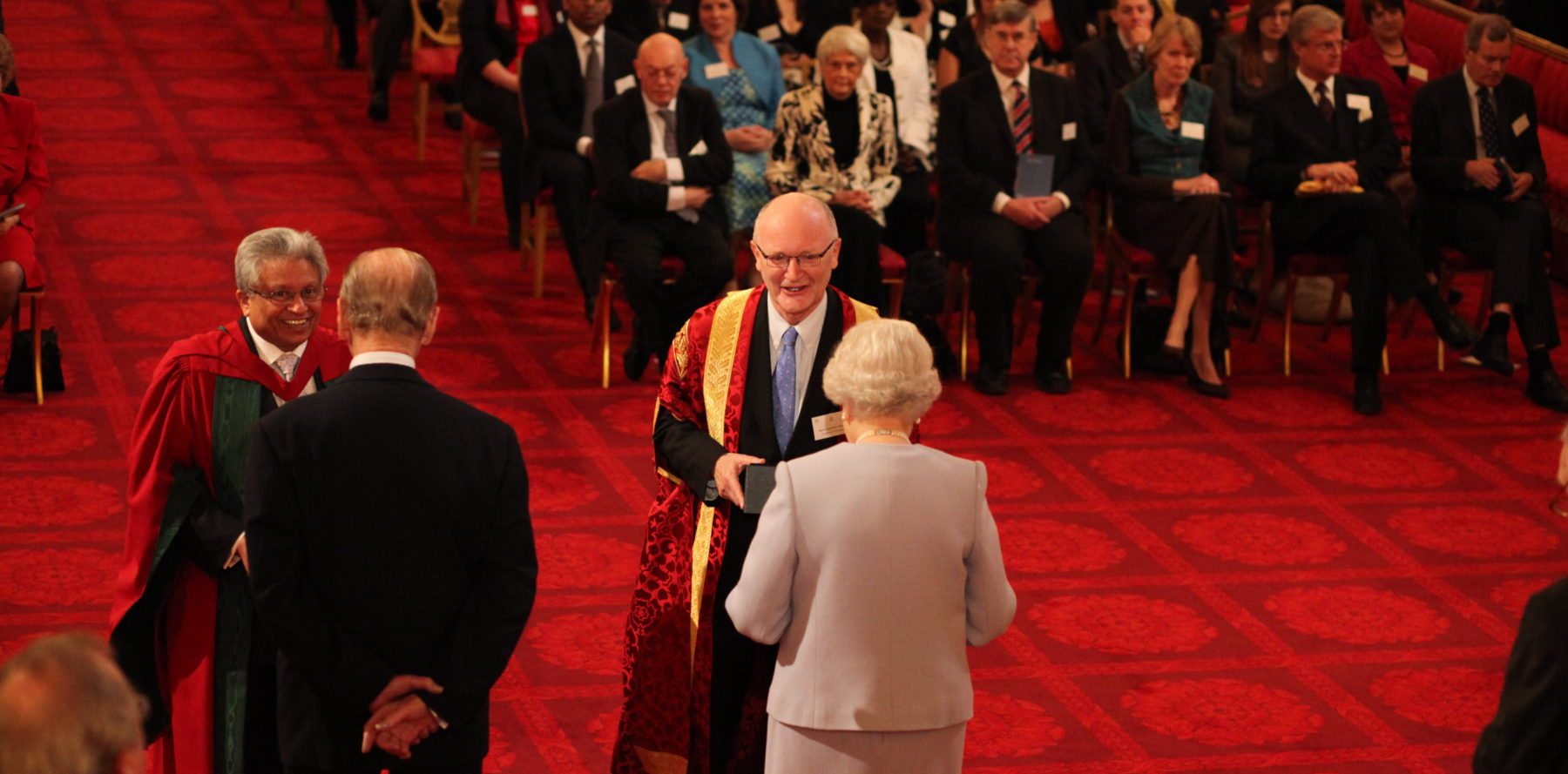Student Council motions: A defence
You’ve probably seen it by now. The University of Warwick made national news (more specifically, the Huffington Post and the Metro) as the Student Council submitted motions to the upcoming NUS conference calling for the abolition of the monarchy, non-renewal of Trident, independence for West Papua, and ‘education for resistance’.
Somewhat predictably, these motions have been widely derided. As the Metro’s Charles White mockingly put it, university was ‘a time of hard-work, experimentation and overthrowing the monarchy.’ In our own news report on the matter, the monarchy motion was described by one student as making “us seem like we’re out of touch” and needing “to get to reality”.
On an obvious level, I agree – these motions are hardly directly relevant to my life as a student. However, if you’re worried that the NUS Conference is going to be packed with these discussions instead of issues like the higher education reforms, student grants and the like, I wouldn’t be. Looking through last year’s conference minutes, student-specific concerns were very much the focus of the motions that were debated. One noticeable exception was Motion 315: ‘KWAF KWAF KWAF IS ON FIRE’, which passed.
Somewhat predictably, these motions have been widely derided
Furthermore, given the primary function of the NUS (making ‘a real difference to the lives of students’), it seems unlikely that the more pressing matters are going to be ignored year-round because Warwick’s Student Council called for the abolition of the monarchy.
There is an obvious critique to these motions – that they’re unrealistic and not going to make any difference. The title of a successful 2016 Warwick SU motion (‘Deport Theresa May, Let International Students Stay’) motion comes to mind. At this point in our history, it seems entirely unrealistic to imagine abolishing the monarchy; all the major political parties are committed to the institution and public approval ratings remain above 70 per cent.
There is an obvious critique to these motions – that it’s unrealistic and not going to make any difference
And yet, it hardly appears to be a cause worth ignoring or condemning as outside the realm of student’s wider interests. It doesn’t seem unreasonable for the NUS to campaign against the archaic and bizarre policy of inheriting public office because of one’s birth, especially when it exists outside current political discourse.
Many of the arguments for the monarchy are well founded, but almost unheard. If any movement of weight against the monarchy is to exist, it’s probably going to have come about through monarchical incompetence (you can probably guess to whom I’m referring), or a generational change against the institution. Younger people tend to be less in favour of the monarchy, so why shouldn’t the NUS attempt to bring this debate into British politics?
Many of the arguments for the monarchy are well founded, but almost unheard
Though I don’t actually know what ‘education for resistance’ means, nor has my brief googling of West Papua been fruitful, my point is that it is not necessarily a bad thing for the NUS to seem “out of touch” at times. Of course it should be primarily focused on students’ lives, but it’s a big organisation and can focus on more than one thing at a time. Need proof? It probably wasn’t in our interest for the NUS to (successfully) lobby Barclays to withdraw from South Africa in 1986, but I think we’d all approve of that now.

Comments